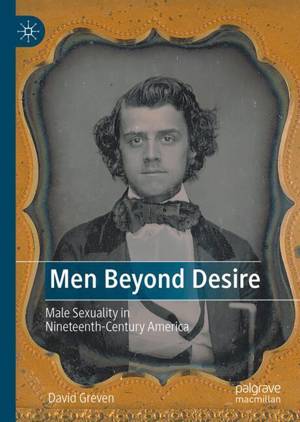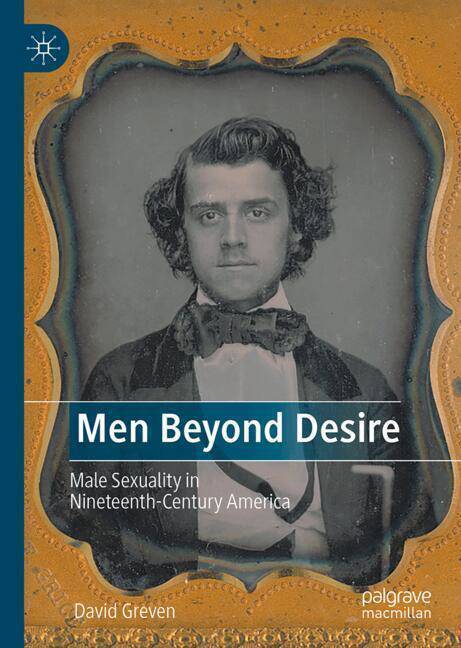
- Retrait gratuit dans votre magasin Club
- 7.000.000 titres dans notre catalogue
- Payer en toute sécurité
- Toujours un magasin près de chez vous
- Retrait gratuit dans votre magasin Club
- 7.000.000 titres dans notre catalogue
- Payer en toute sécurité
- Toujours un magasin près de chez vous
Description
This book explores the construction of male sexuality in nineteenth-century American literature and overturns longstanding views. Far from desiring heterosexual sex and wishing to bond with other men through fraternity, the male protagonists of classic American literature mainly want to be left alone. Greven makes the claim that American men, eschewing both marriage and male friendship, strive to remain emotionally and sexually inviolate. Examining the work of traditional authors - Hawthorne, Poe, Melville, Cooper, Irving, Stowe - Greven discovers consistently resistant portrayals of male characters who defend their individuality through a lockdown on sexuality. Objects of desire from both women and other men, the inviolate males discussed in this study disrupt established gendered and sexual categories, inspiring fresh analysis of the era and its literary depiction of American manhood.
This second edition of Men Beyond Desire (2005) expands the analysis of male sexuality to include discussions of developments in the field of masculinity studies. It includes a new introduction that introduces the complementary figure of the "victim-monster" and revisits the work of Leslie Fiedler, and a new chapter that focuses on Melville's tale "Bartleby the Scrivener" (1856). Chapter 4 expands the analysis of the intersections among free love, health reform, and male sexuality in The Blithedale Romance (1852), and chapter 9 expands the discussion of Billy Budd, Sailor to address questions of race and the role of the Handsome Sailor.
Spécifications
Parties prenantes
- Auteur(s) :
- Editeur:
Contenu
- Nombre de pages :
- 405
- Langue:
- Anglais
Caractéristiques
- EAN:
- 9783031753046
- Date de parution :
- 05-02-25
- Format:
- Livre relié
- Format numérique:
- Genaaid
- Dimensions :
- 148 mm x 210 mm
- Poids :
- 630 g







